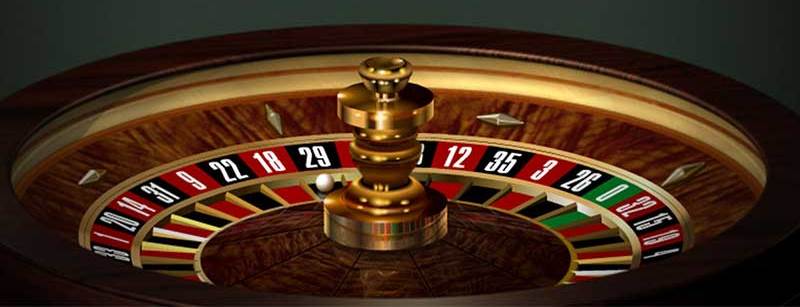Nearly every gambler uses some kind of system even if his system merely consists of guessing what to do next. In July 1891, Charles Wells, an Englishman, arrived at the casino at Monte Carlo with 10,000 francs. Within a few days, he had won over a million. He retired for a few months to relish his accomplishment, then returned and proceeded to win another million francs. His exploits inspired the song "The Man Who Broke the Bank at Monte Carlo."


The best daily bonuses on the internet
Our score:  (4.3 / 5)
(4.3 / 5)

Welcome Bonus
Our score:  (4.2 / 5)
(4.2 / 5)

Welcome Bonus
Our score:  (4.2 / 5)
(4.2 / 5)

Bonus Code: 400BONUS
Our score:  (4.2 / 5)
(4.2 / 5)

Bonus Code: 400BONUS
Our score:  (4.2 / 5)
(4.2 / 5)
Unfortunately, he would not quit while he was ahead. He returned the next year and lost it all. Later he resorted to illegal shenanigans, was imprisoned and eventually died in poverty. But his play gave Monte Carlo worldwide fame. Many studied his play and tried to emulate him. He finally confessed before he died that he had no system. His winnings were attributable to an amazing run of luck!
Betting systems or betting progressions have been devised for every gambling game. Many of them had their origins in eighteenth and nineteenth-century roulette played on the French Riviera. While the particulars of different betting systems vary greatly, the systems fall into three broad categories:
1. Flat: Keep bets constant, waiting for a streak of successes.
2. Negative progressions: raise bets after losses, trying to recover an eventual win.
3. Positive progressions: raise bets after wins, hoping to use the "house money" to create a large win.
Each of these systems has positive and negative characteristics, but the approach, which catches the most flack from gaming experts, is the negative progression. The advocates of positive progressions don't think much of increasing your wager after a loss. By their thinking, increasing a bet after you have lost amounts to throwing good money after bad, with the probable outcome being that you will just lose more money. However, as we shall see, in the short run just the opposite is likely to be true.

Assume that we are going to bet the color black at roulette for eight decisions. Three different players will help us in this illustration.
Player A does not believe in ever changing the size of his bet. He bets flat, that is the same amount on every spin, regardless of the outcome of his preceding hand. In our example, he will bet $10 per roulette decision.
Player B likes to follow the system many experts recommend and he will press or double his bet after each win, gradually betting more and more as he uses the house's money. He will start with a $10 bet, increase it to $20 after a win, then wager $40 if he wins again. If his bet reaches as high as $160, he will stay at this level until he loses a wager. After any loss, he will drop back to betting $10.
Player C has heard that increasing his bets after losses is the "surest way to win." He will start with a $10 bet. If he loses this bet he will wager $20. If this bet loses, he will increase his bet to $40, then $80, followed by $160 if this wager also loses. His maximum wager is $160. If he reaches this level he will continue to wager $160 until he has a win. After any win, he will regress to a $10 bet.